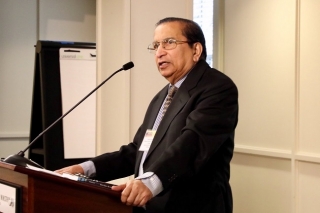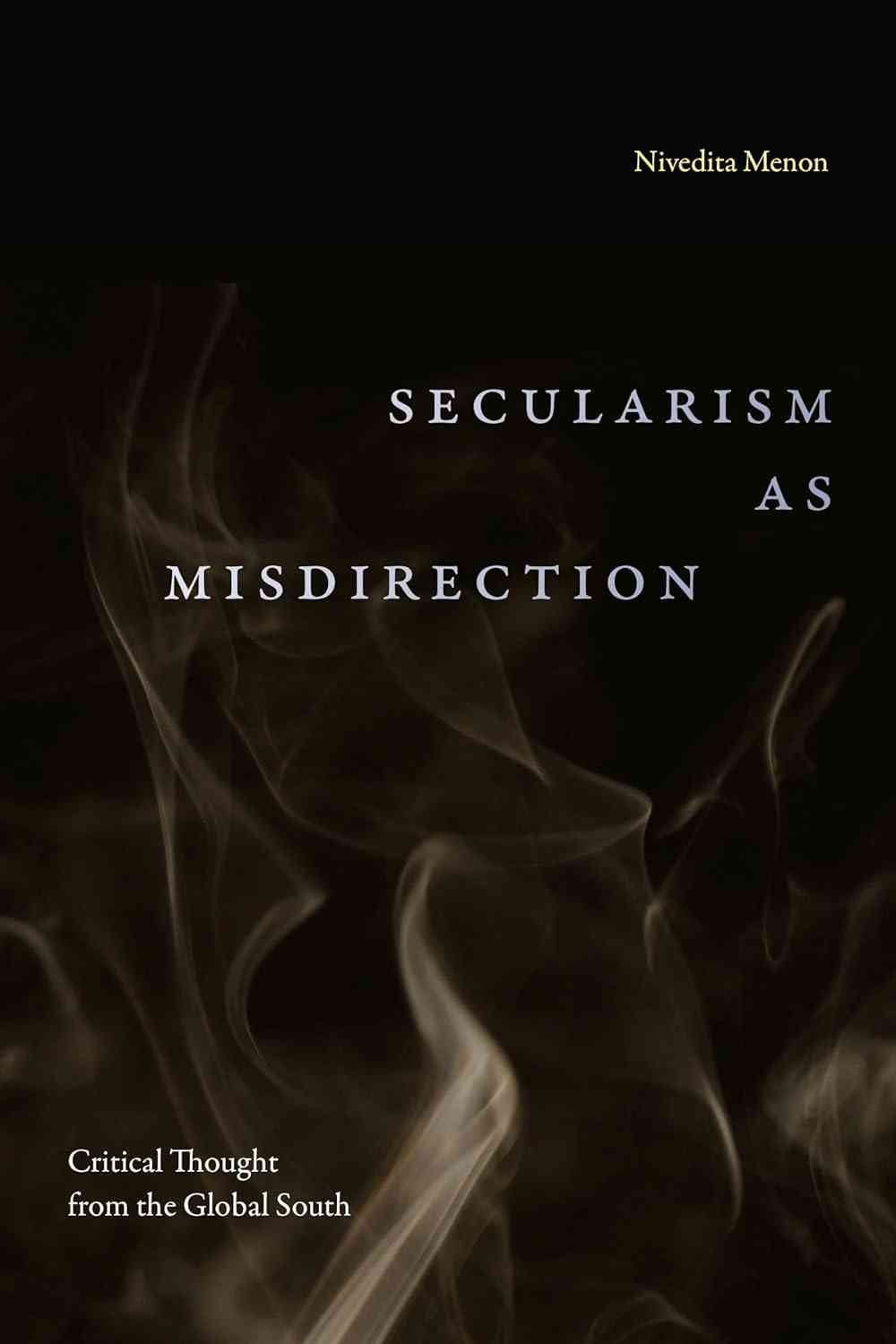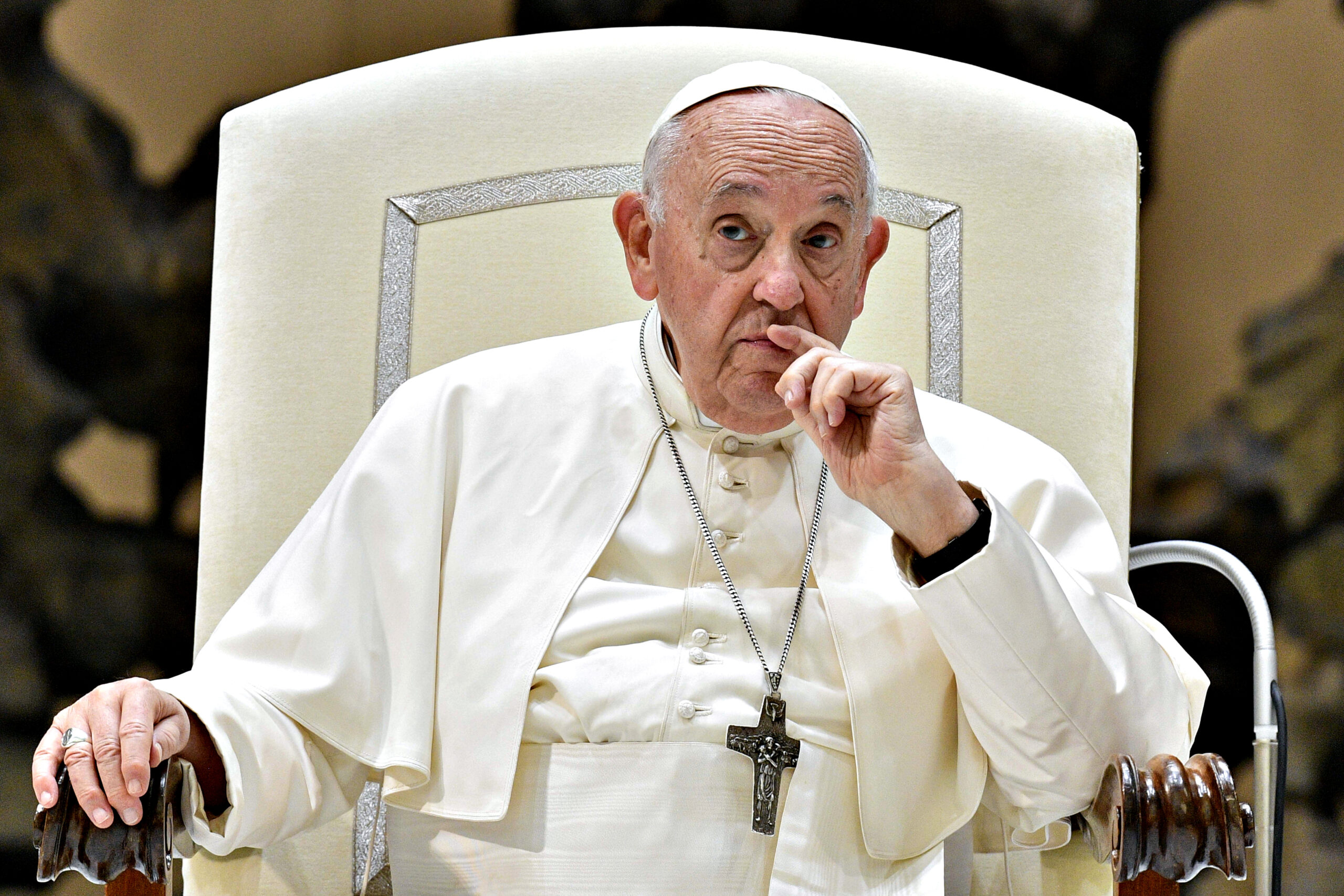Creating a presentation on “Christian Theological Perspectives on Justice” would have been easier if the symposium hadn’t chosen to include ‘Religion’ and examine its role as an ethico-political practice for justice. The term ‘religion’ is ambiguous, and there is no consensus on its definition. Moreover, Christianity lacks agreement among its followers regarding its core features.
I will address the topic in three parts: (1) Investigating whether Jesus intended his movement, which led to Christianity, as an “ethico-political practice of justice;” (2) Examining whether contemporary Christianity perceives itself theologically in this way and identifying shortcomings; (3) Proposing theological orientations within Christianity that could support its development as an ethico-political practice for justice.
Jesus’ Movement as a Movement for Justice
According to the Lukan narrative, Jesus' ministry begins in Nazareth with a declaration inspired by the prophet Isaiah, commonly referred to as Jesus’ “Nazareth Manifesto” (Luke 4:18-19). This passage presents Jesus’ ministry as an ethico-political practice of justice, emphasizing the message of bringing good news to the poor, releasing captives, and freeing the oppressed. This manifesto highlights Jesus' identification with the poor and marginalized and his criticism of religious authorities, which ultimately led to his conflict with those in power.
Jon Sobrino argues that Jesus' ministry cannot be divorced from social and political justice and emphasizes the connection between the two within his teachings about the Kingdom of God. Clodovis Boff suggests that while Jesus was not a political militant, his revolutionary message could inspire social action. The text asserts that Christianity has the potential to advocate for ethico-political justice, as evidenced by its historical role in social movements such as aiding Indigenous peoples in India and fighting for women's rights.
Reclaiming Faith in the Historical Jesus
The identity and significance of Jesus have sparked contention since the beginning, especially within the early church as it engaged with Greco-Roman culture, leading to various Christological controversies. Primarily, the doctrine of substitutionary atonement emerged, positing that Jesus’ death and resurrection removed the sin separating humanity from God.
I believe that reviving Christianity as a practice of justice requires moving away from the doctrine of ‘original sin’ in interpreting Jesus’ impact. In my book, Your God, My God, Our God: Rethinking Christian Theology for Religious Plurality, I explore how the concept of ‘original sin’ has distorted our theology, Christology, and missiology.
In Christian tradition, Irenaeus introduced the concept of “original sin,” which Augustine expanded, asserting that all humans inherit a sinful state from Adam and Eve. Anselm of Canterbury argued that only Jesus could repay the debt of sin, leading to the belief in substitutionary atonement as central to Christology, often overshadowing Jesus' teachings.
This doctrine of original sin presents problems: it overlooks social and structural sins, treats all humans as equally sinful while neglecting those facing systemic injustices, and shifts the focus to individual salvation, altering the communitarian nature of early Christianity.
To reclaim Christianity as a practice of justice, we must return to the historical Jesus and the message he preached. Theological reflections that prioritize this perspective are essential for fostering a more just and equitable Christian faith.
The Message of the Kingdom of God
Christianity has strayed from the issue of justice by prioritizing the messenger over the message. Jesus’ teachings have the potential to transform his religious movement into an ethical, social, and political practice of justice. Scholars like Reza Aslan argue that Jesus was a revolutionary aiming to establish the "Kingdom of God" on earth, with his execution by the state underscoring the threat he posed to the established order.
The Synoptic Gospels, possibly influenced by Jesus' early death, emphasize his teachings while downplaying the more revolutionary aspects of his ministry. However, Matthew’s Gospel highlights his condemnation of the religious authorities who distort the true intent of religion, labeling them as “hypocrites” and condemning the commercialization of the temple. While the Gospels do not present him as having an active socio-political agenda, several elements of his teachings suggest a foundation for justice.
From the outset, Jesus aligned himself with the poor, oppressed, and marginalized, standing in stark contrast to Christianity's later alliances with imperial powers. He openly challenged religious authorities and criticized political elites who compromised with the Roman Empire. His critique of wealth's seductive nature highlighted its alienating effects, while his command to love God and others emphasized the socio-economic implications of his message.
Jesus demanded self-denial and readiness for sacrifice from his followers, warning them about the cost of discipleship. His parables, such as the workers in the vineyard and the story of Lazarus and the rich man, illustrate his concern for the marginalized. Ultimately, while various interpretations exist, Jesus’ focus on the plight of the poor and oppressed reflects his intent for his movement to embody an ethical practice of justice. However, once these teachings were institutionalized within the church, many core principles were sidelined.
Theological Orientations
The understanding of God as both the God of the universe and all nations, rooted in the Jewish tradition, compels Christians to advocate for oppressed groups such as the Muslim Uyghurs in China, Rohingya Muslims in Myanmar, Palestinians in Israel-Palestine, and Dalits in India. This belief in a shared human family under God motivates activism for those we may not personally know. While individuals of various faiths and those without faith also show solidarity, Christianity uniquely frames the struggle for social justice as a divine calling.
God’s demand for justice and righteousness, informs Christian witness in society. Both the Hebrew prophets and Jesus associate true religion with ethical practices of justice. Jesus emphasized that loving God and one’s neighbor summarizes the law and carries significant social and political implications. He warned that wealth, power, and the greed they foster are obstacles to genuine faith. In the Sermon on the Mount, Jesus proclaimed that true followers are those who fulfill God's will through justice and ethical action. This establishes that Christianity has a theological foundation to support an ethical approach to social justice, although this challenge remains unfulfilled.
Rev. Dr. Seevaratham Wesley Ariarajah is a theologian and professor, who previously served as the director of inter-religious relations at the World Council of Churches. This text summarizes his talk at the conference organized by CISRS in Delhi.
Become a member
Get the latest news right in your inbox. We never spam!






















Comments
No Comments